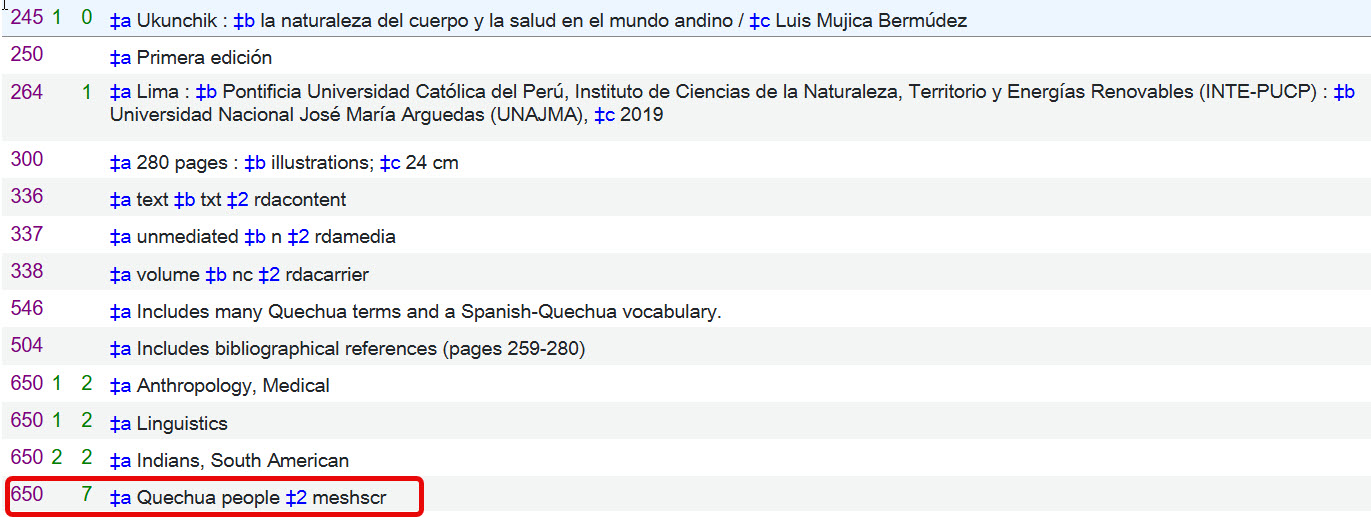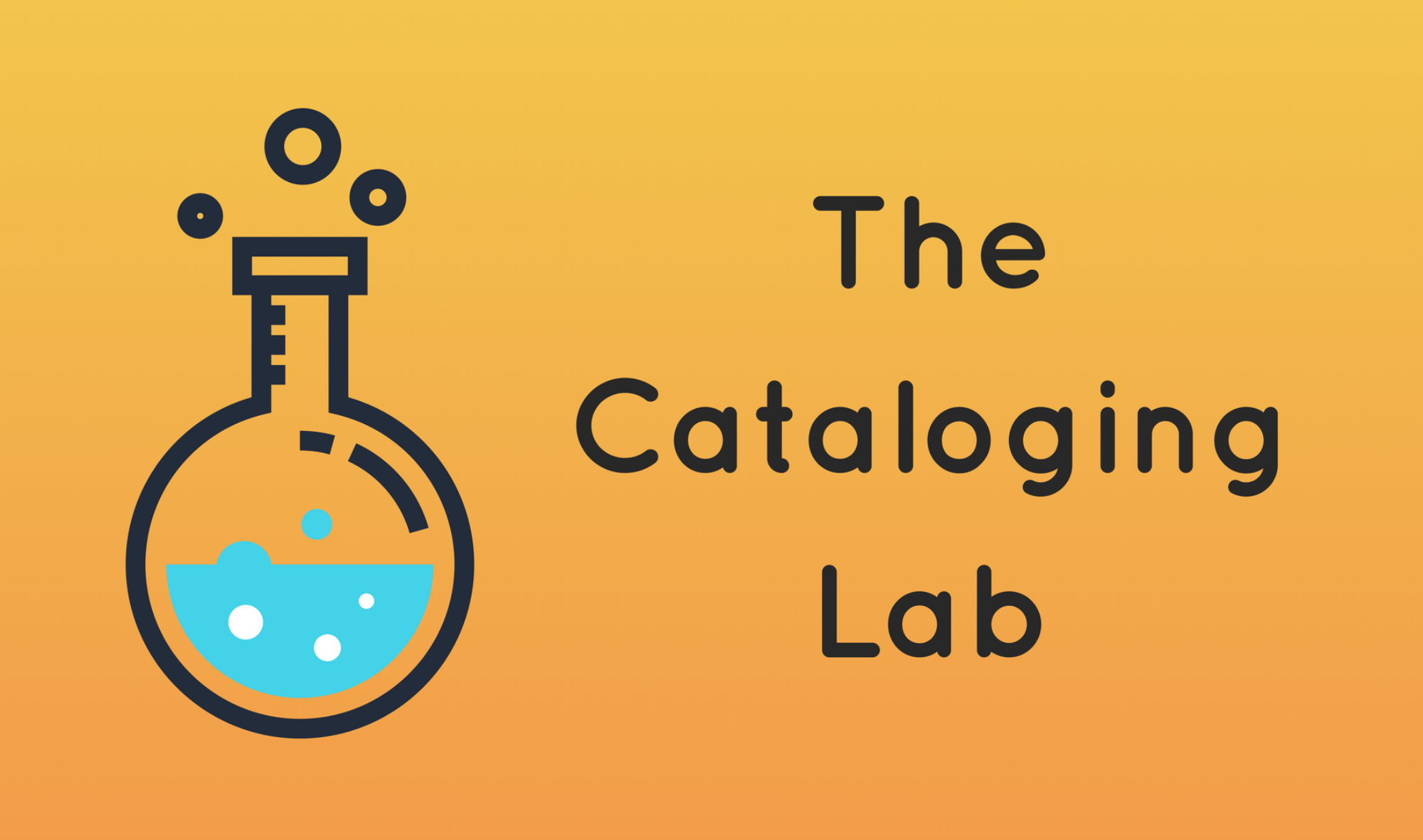Critcatenate is an effort to keep folks up to date on critcat efforts with a monthly-ish roundup of news. Critcat is short for critical cataloging, focusing on the ethical implications of library metadata, cataloging, and classification practice, standards, and infrastructure.
#critcat in November 2024:
- New call for study participants: Kristy Nowak at Colorado State University is working on a research project collecting data on alternative classification systems. Anyone who has developed a unique organization system for their collection, worked with a classification system other than Dewey Decimal or Library of Congress Classification, worked with a non-standard version of Dewey or LCC, or is interested in exploring or developing a new classification system/way of organizing materials is welcome to participate in this alternative classification systems survey.
- New call for proposals: the Journal of Library Metadata will publish a special issue titled Metadata in Late Capitalism, guest edited by Erik Radio at the University of Colorado Boulder. The deadline for proposals has been extended to December 6th. Suggested topics include, but are not limited to:
- Tensions between AI and metadata in indexing and retrieval
- Corporate hegemony and search (i.e. vendor lock, algorithmic preferencing)
- New media and the limits of bibliographic description
- Reification of data models in information systems
- Data monopolies and vectoralization
- Environmental costs of metadata production
- New MARC code: In 2024, a new Subject Heading and Term Source code (meshscr) was approved for adding information about demographic population groups in bibliographic records cataloged by the National Library of Medicine. This can be used to add information about over 1700 federally recognized American Indian and Alaskan Native tribal names and ethnic and ethnolinguistic minority terms, which were added to the Medical Subject Headings (MeSH) in 2023 as Supplementary Concept Records (SCR) type 5 and designated as “Population Groups.” The entire meschscr vocabulary is available in the MeSH Browser and as MeSH RDF.
- Example usage in a MARC record:

- Example usage in a MARC record:
- New blog post: OSU Library Exhibit Documents Archivists’ Anti-Racist Description Work by Molly Rosbach, describing a new exhibit at the Oregon State University highlighting reparative description
- New resource: Critical Cataloging Quotes, featuring the quotes that were collected in response to the question “What is critical cataloging, and why is it important to you?,” as part of the Fresno State exhibit “Words Matter! The Inclusive Cataloging Movement Takes Flight”
- New recording: Access to Arabic Records in Library Catalogs: Romanization and Scripts by Iman Dagher
- New recording: Kurdish Materials: The Problem of Romanization and Its Effect on Access by Michael Chyet
- New recording: Implementing the Dewey 220-299 Optional Arrangement presented by Mark Swenson, Winnetka-Northfield Public Library District
- New recording: the November Cataloging Round Table hosted by the Vermont Department of Libraries was focused on critical cataloging efforts, featuring Jill Baron, Tina Gross, and Violet Fox
- New recording: Creating Maawn Doobiigeng: Developing A New Classification System For A Tribal Library, describing the process of creating a new classification for the Saginaw Chippewa Tribal Libraries in Michigan
- New conference paper: Hiding in Plain Sight: Medical Theses, Slavery, and Reparative Archival Practices by Anna Marie Schuldt, describing the reparative description work done in the Waring Historical Library Inaugural Theses Project
- New conference paper: Examining LGBTQ+-Related Concepts in the Semantic Web: Link Discovery, Concept Drift, Ambiguity, and Multilingual Information Reuse by Shuai Wang & Maria Adamidou, presented at the International Conference on Knowledge Engineering and Knowledge Management. Uses Homosaurus as an example to create an integrated knowledge graph to examine the concepts represented
- New presentation slides: Repairing Archival Description: AFL-CIO Civil Rights Department Records by Jennifer Gathings Eidson
- New blog post: The Portrait of a Lady: Reparative Cataloging at the Rosenbach by David Rhys Owen, describing investigative work on a portrait who was misidentified in the documentation of the Rosenbach Museum & Library in Philadelphia
- New-ish blog post: Toward Equity in Metadata: How Sandy Spring Museum Is Going beyond Reparative Cataloging by Allison Weiss on the American Alliance of Museums blog. Describes work done to digitize records relating to nineteenth century Black people in Sandy Spring, Maryland, a reparative cataloguing initiative titled “Equity in Metadata,” and the formation of a committee of descendants to advise the project
- New guide: Reparative Archival Description Working Group: Standardized Descriptive Notes, created by Yale’s Reparative Archival Description Working Group. Provides wording relating to descriptive language in resource titles and descriptions (for example, “This finding aid was revised in [year] to address [racist/sexist/euphemistic/oppressive], outdated, [and/or] harmful descriptive language. During that revision, description was changed in [general description of descriptive sites].”
- New-ish resource: Pan-American Authorities (PANA) is a bilingual English/Spanish subject heading list collaboratively developed by the University of Florida, the University of Texas at Austin, and the University of California, San Diego (MARC code: pana)
- New-ish podcast episode: Inclusive Cataloging: Histories, Context, and Reparative Approaches, an interview with book editors Amber Billey, Elizabeth Nelson, and Rebecca Uhl hosted by Jen Hoyer for the New Books Network
- New update: 2024 Update for Reparative Description from NARA (the U.S. National Archives and Records Administration)
- New open letter: An Open Letter to the National Archives and Records Administration From a Journalist by Archit Mehta, critiquing description in the the “Bending Towards Justice” exhibit at the National Archives Museum
It’s not specifically cataloging-related, but Critcatenate readers might be interested in reading my new zine, A Librarian Against AI; or, I Think AI Should Leave.
I’m doing a brief review of the new LCSH lists for headings that might be of interest to readers of Critcatenate. LCSH list numbers consist of a two-digit number for the year and a two-digit number for the month the headings were approved (for example, headings on list 2407 were approved in July 2024).
New LC headings of note on list 2407:
- new LCSH: Anti-intellectualism
- new LCSH: Anti-war posters
- new LCSH: Close reading (Literary analysis)
- new LCSH: Gender-based violence in art
- new LCSH: Prison gerrymandering
Two other interesting revisions on list 2407:
- For the established LCSH Sexual minorities, a new Use For has been added for Queer people
- A new LCSH has been added: English language–Slurs, which replaces several LCSH which were cancelled this month. Unusually, references have not been added, so there are no “Use for” on the new heading. The scope note reads “Here are entered general works on slurs in the English language as well as works on individual English-language slurs.” The cancelled LCSH are:
- Gook (The English word)
- Homo (The English word)
- Shyster (The English word)
- Slut (The English word)
- Spade (The English word)
Looking through the Summary of Decisions for list 2407, there’s multiple critcat-relevant proposals which were not approved, such as Hapa (Ethnic identity) and Slave rebellions in motion pictures. There was also a proposal to delete the heading Asperger’s syndrome, and instead use Autism spectrum disorder; this proposal was rejected, but changes to the Asperger’s syndrome headings will be announced in coming months.
Note the tentative list 2412 has a proposal to change the LCSH Trans-exclusionary radical feminism to Gender-critical feminism. If you have thoughts on that, consider emailing LC with thoughtful, constructive feedback by the deadline of December 17th at the address at the top of the page.
Upcoming:
- Tuesday Dec 3: Open Cataloging Rules (ORC) Fall/Winter 2024 webinar. “Representatives from the Rules Committee and the Executive Board will share updates about the ORC project and our plans for the coming year.”
- Thursday Dec 12: Centering LGBTQ+ Voices in Catalog Research: Insights from the Inclusive Catalog Use Lab webinar by Karen Snow and Brian Dobreski
Please let me know if there’s anything else coming up or I’ve missed anything!
